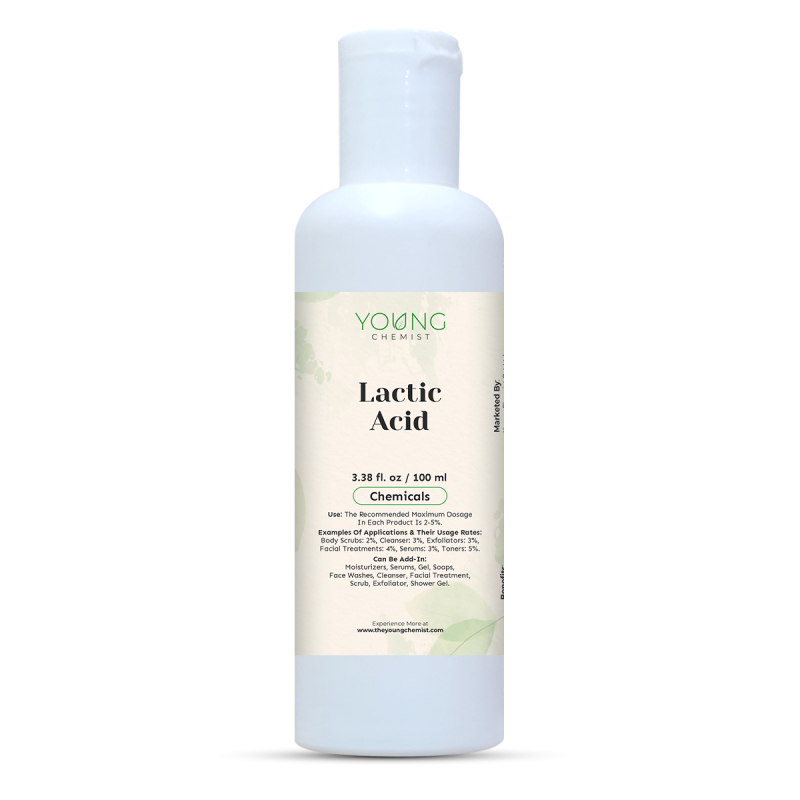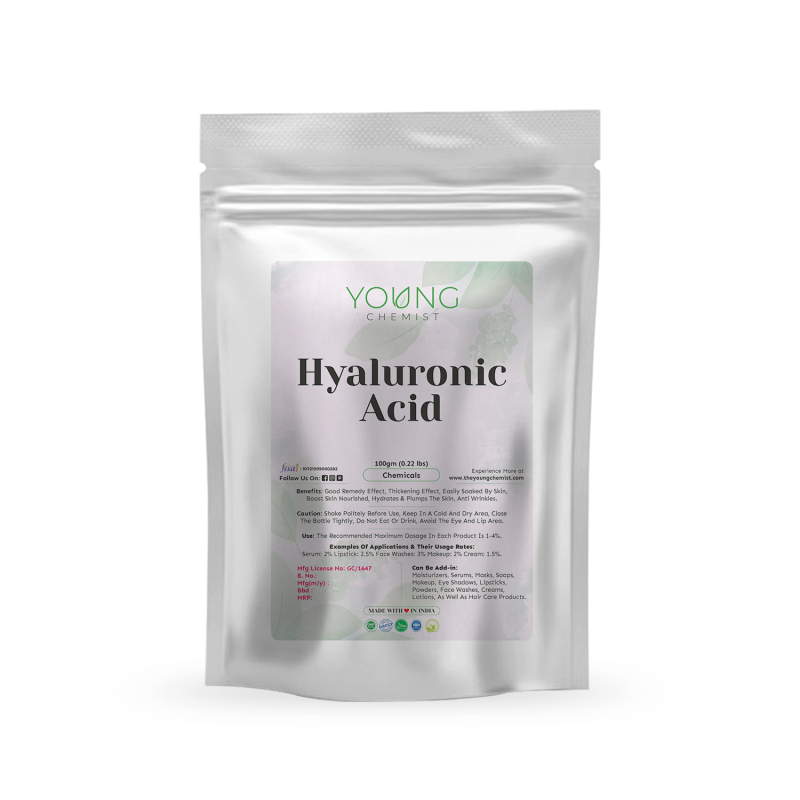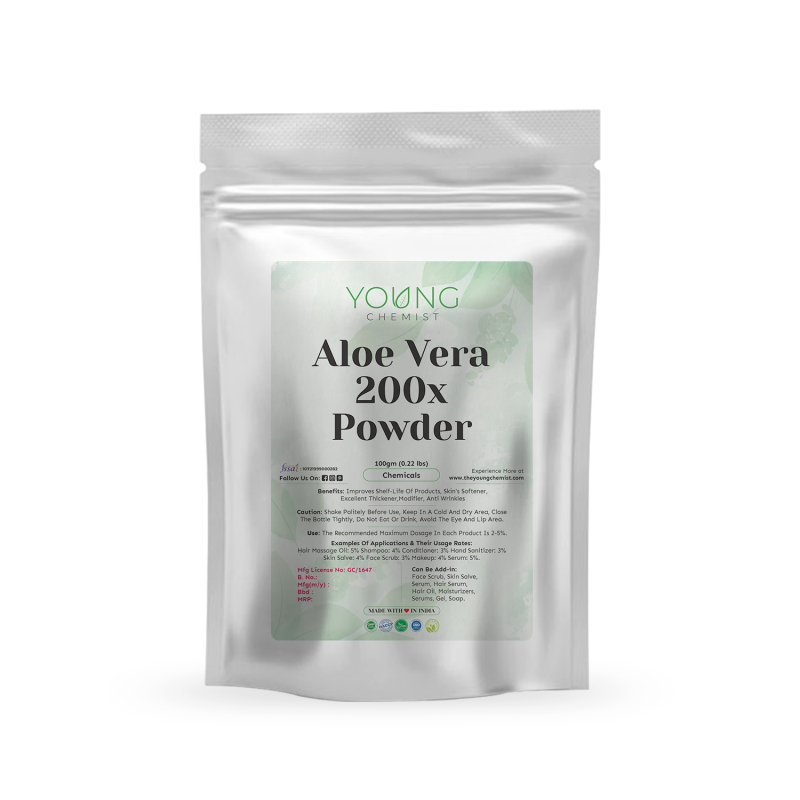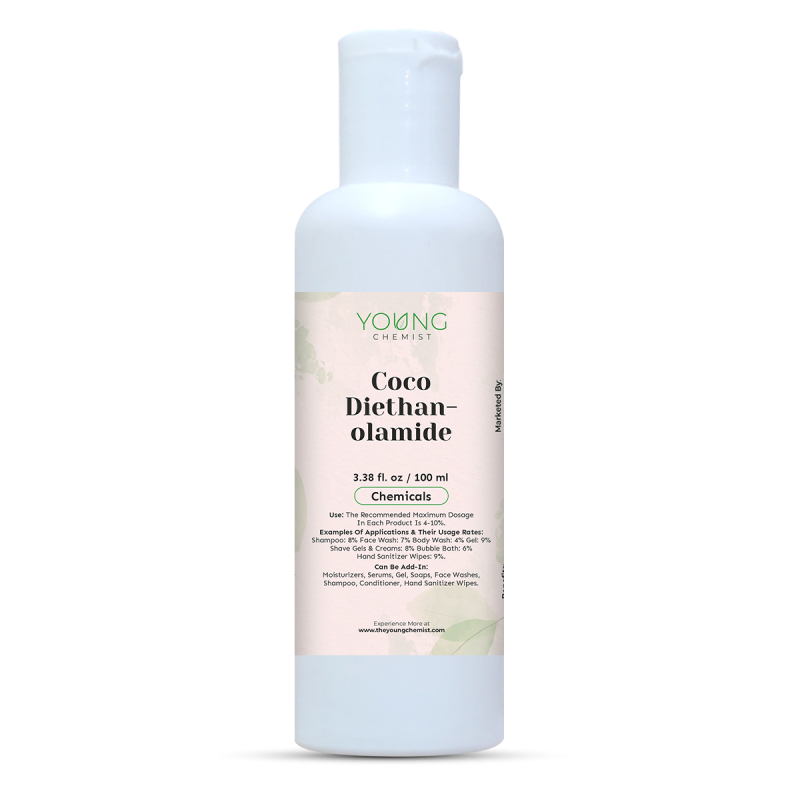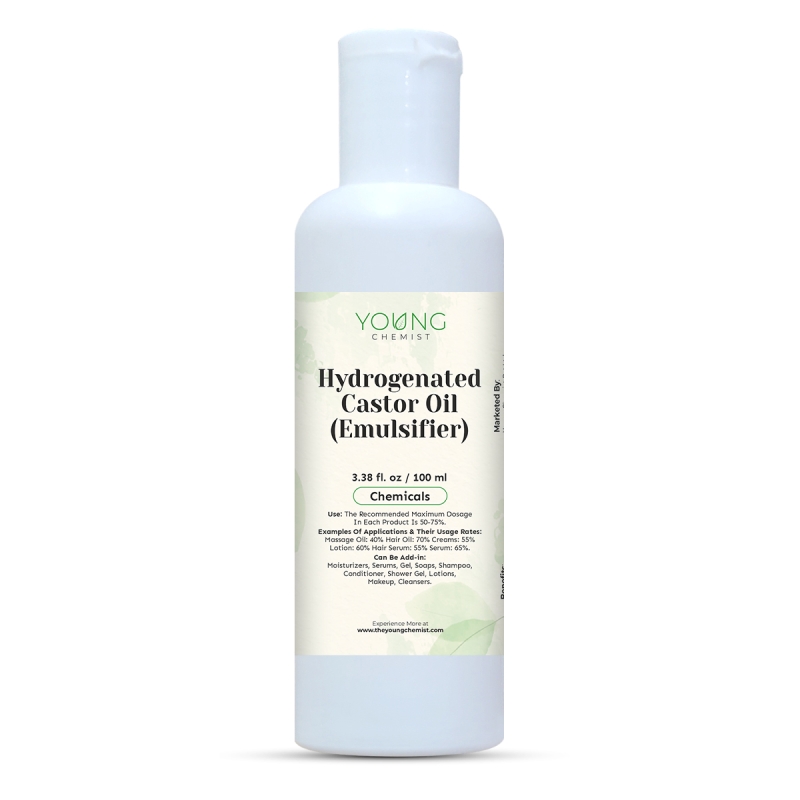-
No Item Added in Cart.

Young Chemist Rice Protein is a popular cosmetic chemical known for its beneficial properties. It is derived from rice grains and is widely used in various skincare and haircare products. Here is a description of Rice Protein, its benefits, how to use it, and some cautions to keep in mind:
Rice Protein is a natural ingredient extracted from rice grains. It is a water-soluble powder that contains essential amino acids, vitamins, and minerals. It has a fine texture and is easily absorbed by the skin and hair.
Rice Protein (often hydrolyzed rice protein) is a clean, vegan conditioning active that delivers lightweight strength, soft body, and mirror-like shine—without weighing hair down. Naturally rich in amino acids and small peptides, it helps bind moisture, smooth raised cuticles, and improve the feel of elasticity, leaving strands more manageable with reduced frizz and fewer visible split ends. In skincare, rice protein supports a cushioned, supple feel and a fresh, dewy finish that layers perfectly under SPF and makeup.
Formulators and DIY creators love Rice Protein for its excellent water solubility, elegant slip, and compatibility with glycerin, hyaluronic acid, panthenol, light esters/silicones, and botanical oils. It performs beautifully in shampoos, conditioners, hair masks, leave-ins, styling creams, and serum bars, adding airy volume and touchable smoothness. For skin, it enhances lotions, gels, serums, and toners with a soft-focus feel and improved moisture retention. Suitable for curly, fine, color-treated, and heat-styled hair, rice protein is a smart, clean-label upgrade for everyday care.
Thoughtfully sourced and hygienically packed, our Rice Protein integrates quickly for consistent textures and reliable, salon-inspired results across batches—ideal for brands, salons, and home formulators.
Rice Protein products for moisture binding, soft strengthening, and weightless shine, a plant-powered essential that elevates daily hair and skin rituals.
| Title | Description |
|---|---|
| No specifications available. | |
Rice Protein can be incorporated into various cosmetic products, such as creams, lotions, serums, shampoos, and conditioners. It is typically added during the formulation stage. The recommended usage level varies depending on the specific product and desired effect, so it is essential to follow the guidelines provided by the manufacturer.
Formulators: Use 0.5–2% in shampoos/conditioners; 0.2–1% in leave-ins/serums; 1–3% in intensive masks. Dissolve in the water phase and add in cool-down for best activity; target pH 4.5–6.5. Pair with glycerin/panthenol for hydration and light esters/silicones for shine.
DIY/Routine: Mix a few drops of rice-protein solution into conditioner or mask; apply mid-lengths to ends 5–10 minutes; rinse. For leave-ins, smooth a pea-sized amount through damp hair. For skin, layer a rice-protein serum under moisturizer AM/PM. Use 1–3× weekly for hair; daily as tolerated for skin. Store airtight, cool, and dry; adjust frequency if hair feels over-proteinized.
- Moisturizing: Rice Protein has excellent moisturizing properties, helping to hydrate the skin and improve its elasticity. It also prevents moisture loss, leaving the skin soft and supple.
- Nourishing: This ingredient is rich in amino acids that help nourish and replenish the skin, promoting a healthy complexion. It also strengthens the hair follicles, leading to healthier and stronger hair.
- Anti-aging: Rice Protein contains antioxidants that protect the skin from free radicals, reducing the signs of aging such as fine lines and wrinkles. It helps to improve skin tone and texture, giving a youthful appearance.
- Hair repair: When used in hair products, Rice Protein can repair damaged hair by strengthening the strands and reducing breakage. It also adds shine and improves hair manageability.
Rice Protein (hydrolyzed) delivers lightweight strengthening, silky slip, and soft shine for hair without heaviness. Rich in amino acids and small peptides, it helps bind moisture, smooth raised cuticles, reduce the look of frizz, and improve elasticity—supporting fewer visible split ends and easier detangling. In skincare, rice protein adds a cushioned, supple feel and fresh, dewy radiance while enhancing water retention. Vegan, clean-label, and highly soluble, it pairs perfectly with glycerin, hyaluronic acid, panthenol, light esters/silicones, and botanical oils. Suitable for curly, fine, color-treated, and heat-styled hair, Rice Protein is a daily go-to for volume, manageability, and healthy-looking smoothness.
- Allergic reactions: While Rice Protein is generally considered safe, individuals with rice allergies may experience adverse reactions. It is essential to perform a patch test before using a product containing Rice Protein, especially if you have known allergies or sensitivities.
- Eye contact: Avoid direct contact with the eyes when using products containing Rice Protein. If eye irritation occurs, rinse thoroughly with water and seek medical attention if necessary.
- Consultation: If you have any specific skin or hair concerns, it is advisable to consult with a dermatologist or healthcare professional before using products containing Rice Protein to ensure it is suitable for your individual needs.
Note: The information provided here is for informational purposes only and does not substitute professional advice. Always read the product labels and consult with experts or manufacturers for specific usage instructions and precautions.
Product Questions
Rice protein is a plant-based protein derived from rice grains. It is made by isolating the protein from the rice and is a popular choice for those looking for a vegan or hypoallergenic protein source.
Rice protein is easily digestible and hypoallergenic, making it a great choice for people with dietary restrictions or sensitivities. It also provides a good balance of essential amino acids, supporting muscle growth and recovery.
Yes, rice protein can be beneficial for weight loss. It helps keep you full for longer, reducing the likelihood of overeating. Additionally, it supports muscle maintenance during weight loss, helping to preserve lean body mass.
Rice protein is comparable to other plant-based proteins like pea or hemp protein. It has a mild flavor, mixes well with liquids, and is easy to digest. While it may not have as high a protein content as some other sources, it is an excellent option for those with allergies or sensitivities.
Yes, Rice protein is hypoallergenic, which means it's less likely to cause allergic reactions. It's a great alternative for people with allergies to dairy, soy, gluten, or nuts.
Rice protein can be easily added to smoothies, shakes, or baked goods. You can also mix it into oatmeal, yogurt, or pancake batter for an extra protein boost. It’s versatile and blends well with various foods.
Yes, rice protein is a good choice for athletes. It provides a good source of protein for muscle repair and recovery after workouts. While it might not have as complete an amino acid profile as whey, combining it with other protein sources can enhance its benefits.
When choosing a rice protein powder, look for products with minimal ingredients, preferably organic and non-GMO. Also, check for third-party testing to ensure the product is free from contaminants and heavy metals.
Yes, children can consume rice protein, especially if they have dietary restrictions or allergies. However, it's best to consult with a pediatrician to determine the appropriate amount and ensure it meets their nutritional needs.
Rice protein is generally well-tolerated, but consuming excessive amounts could cause digestive discomfort, like gas or bloating, in some people. It's important to follow the recommended serving sizes and consult with a healthcare provider if you have any concerns.





